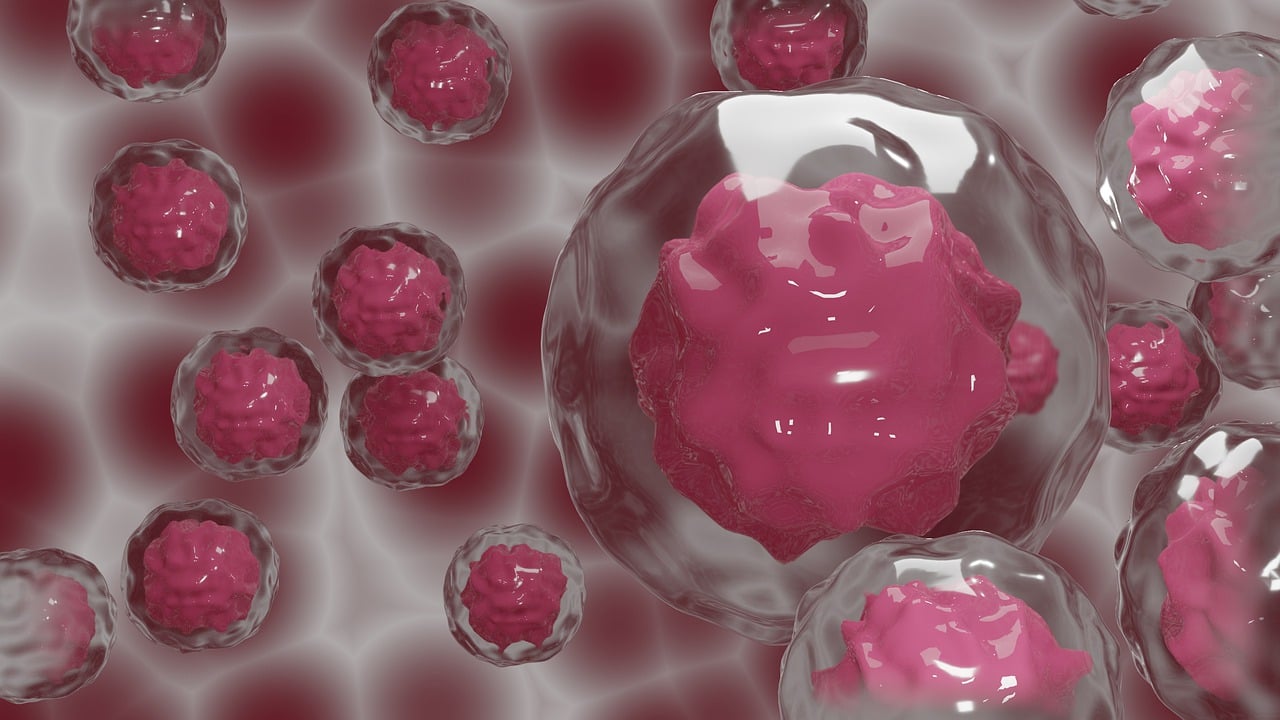In a groundbreaking development that could revolutionize cancer treatment, researchers Erika Pineda Ramírez and Alba García-Fernández have introduced an innovative new therapy known as NanoGlue, which has been heralded as a “superglue” for battling cancer. This cutting-edge approach aims to significantly enhance the immune system’s capacity to identify and destroy cancer cells, offering renewed hope to patients facing aggressive forms of the disease.
The NanoGlue treatment leverages the power of nanoparticles to aid the immune system in targeting cancer cells with unprecedented precision. This is particularly promising for those suffering from hard-to-treat cancers, such as triple-negative breast cancer, which has been notoriously resistant to conventional therapies.
By binding to cancer cells, NanoGlue effectively “supercharges” the body’s natural immune responses, enabling it to more effectively recognize and attack malignant cells. This method not only promises to improve the efficacy of treatments but also aims to minimize the often debilitating side effects associated with traditional cancer therapies like chemotherapy and radiation.
Erika Pineda Ramírez and Alba García-Fernández, both researchers funded by the EU’s Marie Skłodowska-Curie Actions, expressed optimism about the potential impact of this breakthrough. “Our goal is to provide a targeted, less invasive treatment option that empowers the immune system to combat cancer more efficiently,” they explained. “The preliminary results have been incredibly encouraging, and we believe NanoGlue could represent a significant step forward in the fight against cancer.”
The development of NanoGlue is the result of years of rigorous research and collaboration among scientists and medical professionals. The treatment is currently undergoing clinical trials, with early findings suggesting it could soon become a vital component of the oncological arsenal.
Patients and advocacy groups have welcomed the news with cautious optimism. Lisa Martin, a spokesperson for the Cancer Support Network, remarked, “Innovations like NanoGlue give us hope for a future where cancer is not a death sentence. We are eagerly watching the progress of this therapy and the potential it holds for improving patient outcomes.”
As research continues, the medical community remains hopeful that NanoGlue will live up to its promise, offering a new lease on life for countless individuals affected by cancer.
Source Of Information | European Commission Website

